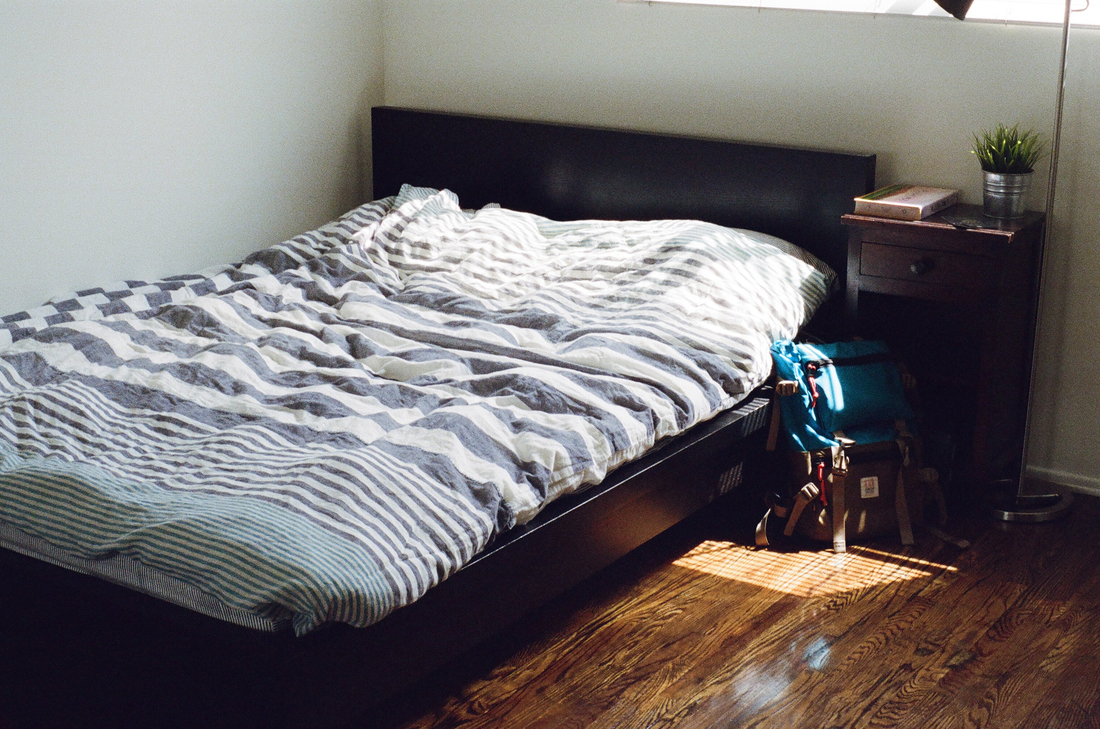|
Quality sleep allows your body to relax, repair, and organize, and is essential for good mental health. 5 Reasons Why Sleep Is Important for Your Mental Health:1. Lowers stress levels. Being tired can make people feel impatient and easily agitated which can increase stress levels. Being well rested helps individuals be more prepared to manage stressful situations in healthier ways. 2. Improves your memory. Sleep allows your brain a chance to process the information you consumed throughout the day which can strengthen your memories. This could mean that you’ll be more likely to remember that important information you learned, or that positive experience you had which can contribute to a healthier well-being. 3. Increases attention and focus. Being tired can slow down your thought process which can interfere with your concentration. This may hinder your work/school performance as it can impede on your ability to use logical reasoning or complex thinking. 4. Increases ability to regulate emotions. Not getting enough sleep can interfere with an individual’s ability to monitor their emotions and can heighten reactivity. Being well rested allows individuals to have more control over their emotions and how they react to stressful situations. 5. Allows you to make healthier choices. Being well rested allows individuals to think clearly about their decisions. If you are tired you may be less likely to make healthy food choices, to engage in leisure activities, or intimacy and exercise, all of which contribute to a healthy lifestyle. 5 Tips to Help Get a Better Sleep:1. Set a schedule.
Establish a consistent sleep schedule for every day of the week. Even on days off, try to follow this routine. Creating a bed-time routine is a helpful way to prepare your body and mind for rest each night. 2. Avoid caffeine, nicotine and alcohol before bed. Caffeine and Nicotine are both stimulants, meaning they increase alertness. Although some people feel a sense of relaxation from smoking, it does produce adrenaline which can interfere with an individual’s quality of sleep. Alcohol is not a stimulant, however it can interfere with the body’s sleep regulating mechanism which can hinder the overall quality of sleep. 3. Exercise and eat well. Eating a balanced diet complete with foods that nourish and sustain energy can help prevent indigestion or hunger throughout the night, which can interfere with a restful night's sleep. Exercising during the day can also help you have a deeper sleep. 4. Create a calm and comfortable space for sleep. Lighting, sound, temperature, and appearance can all affect the quality of your sleep. Adjusting these factors to best fit your needs and eliminating clutter from the space can help your brain associate the bedroom with relaxation to prepare you for sleep. 5. Use your bed for sleep. Avoid using your bed while watching TV, using your phone, eating etc. Doing this will allow your brain to associate bed with sleep and not with other stimulating activities. |
|
OverviewNWO’s source for all things relationships, mental health, wellness, lifestyle, and pandemic support. Kelly Magazine is a mental health outreach initiative created by Kelly Mental Health and supported by Kelly Mental Health Foundation, a non-profit organization dedicated to improving the community in the area of mental health.
|
Magazine |
Follow Us |
In support of @kellymentalhealthfndn |
© COPYRIGHT. ALL RIGHTS RESERVED. WEB DESIGN BY KMH





